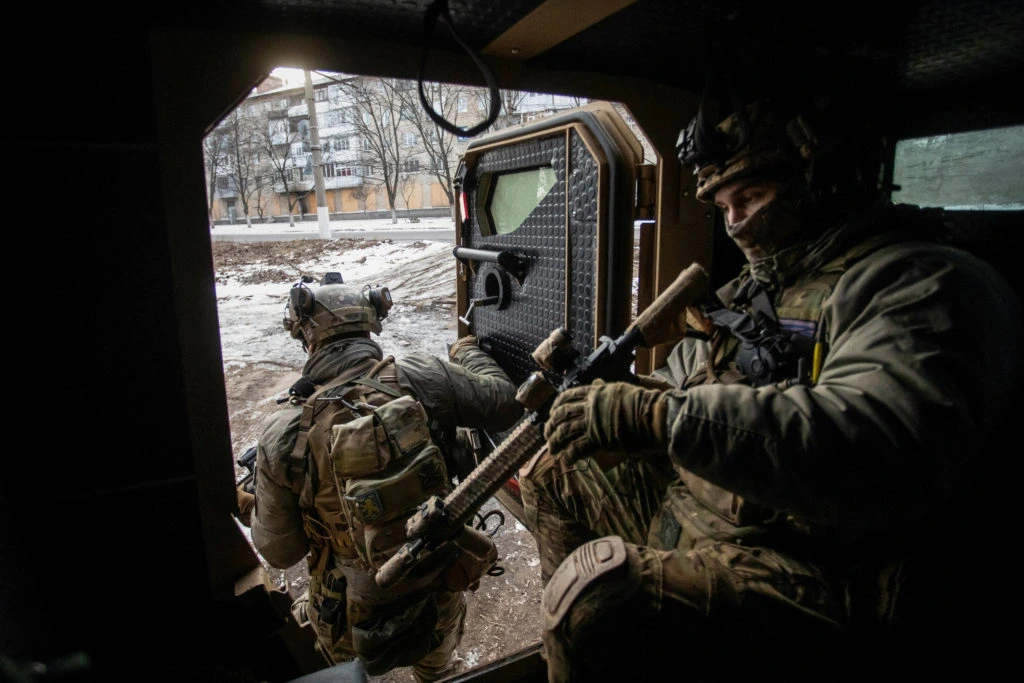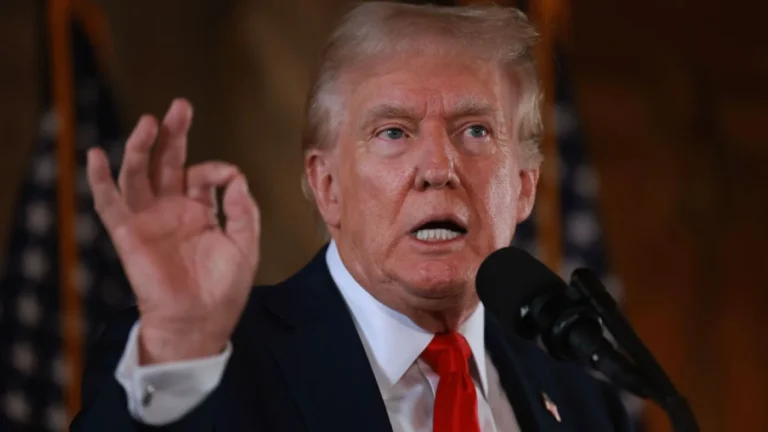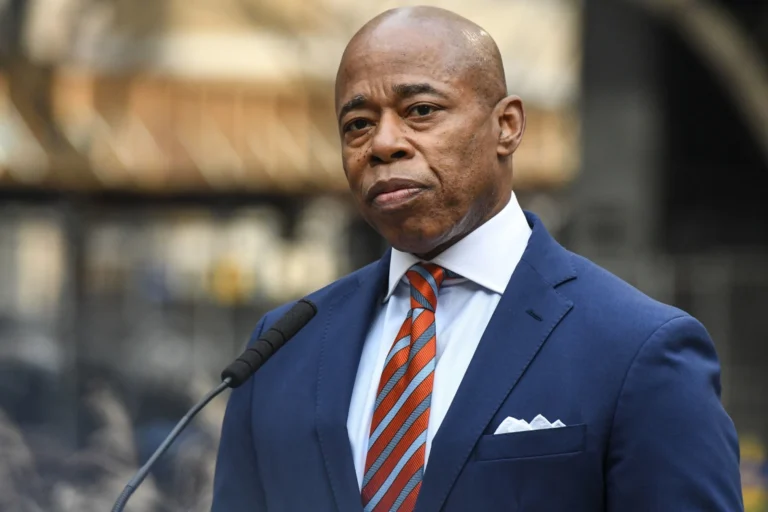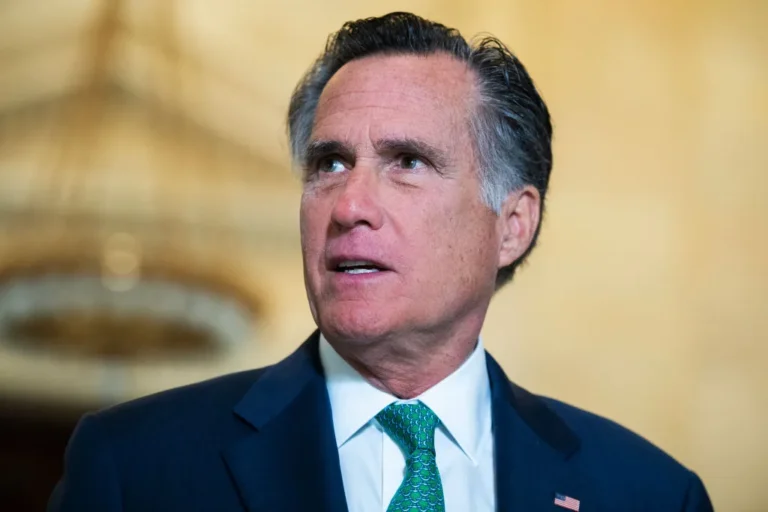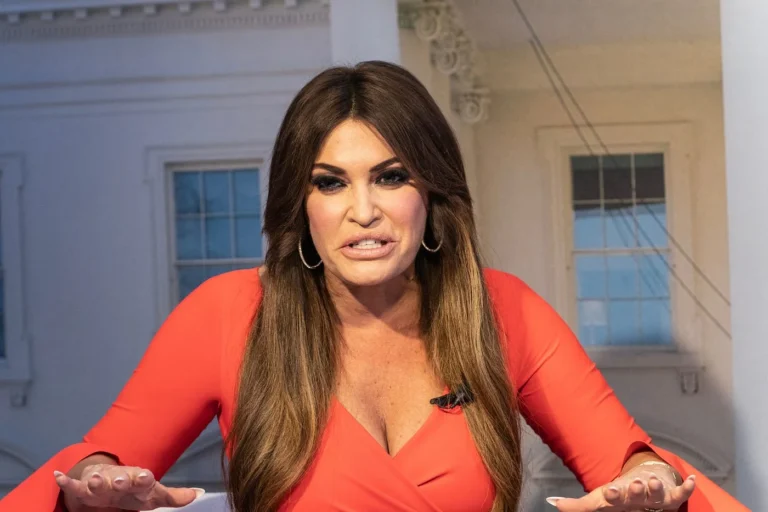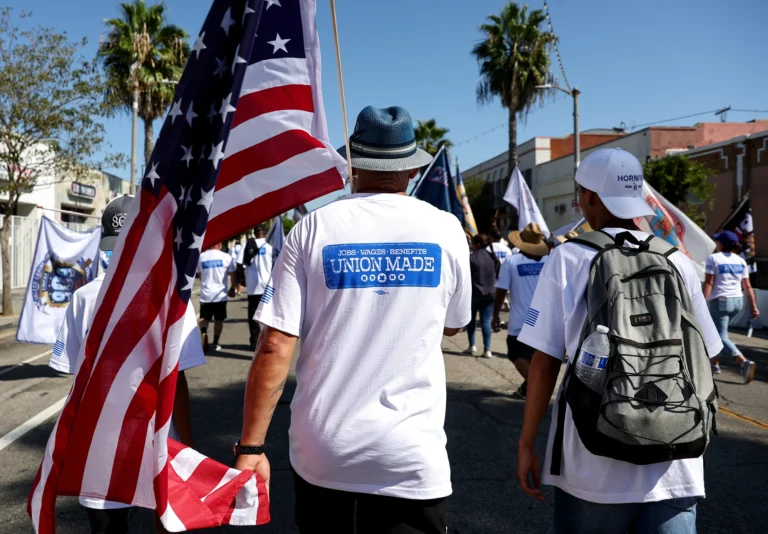Ukrainian President Volodymyr Zelenskyy has issued a stark warning that Russia is planning to deploy North Korean troops into battle against Ukraine, potentially as early as this Sunday. In response, he called upon global leaders to exert “tangible pressure” on Pyongyang to dissuade such involvement, underscoring the growing complexity and international ramifications of the ongoing war.
On Friday, South Korea expressed “grave concern” over Moscow’s deepening military collaboration with North Korea, urging Russia to halt this “illegal cooperation.” The partnership, formalized as Russia ratified its defense agreement with Pyongyang, has alarmed South Korean officials, who are monitoring the situation closely as reports suggest North Korean troops may be sent to Russia in support of its military operations against Ukraine.
This heightened cooperation has raised concerns in Seoul about North Korea’s direct involvement in a foreign conflict. A newspaper displayed on a Seoul street captured the mood, with headlines covering North Korea’s decision to deploy thousands of soldiers to Ukrainian front lines. The South Korean government views this alliance as a significant security threat, given Pyongyang’s stance on regional hostilities and its alignment with Russia in opposition to the West.
Amid these developments, Andriy Yermak, Zelenskyy’s chief of staff, spoke at an international conference on Friday aimed at advancing a Ukrainian peace plan. He emphasized that peace in Ukraine cannot simply be negotiated but requires a complete withdrawal of Russian troops. “Don’t expect this war to end when the warring sides begin to talk to each other … Don’t be deceived. This war will end when the last soldier of the occupying army returns home,” Yermak stated, stressing the necessity of full de-occupation as a non-negotiable aspect of any lasting resolution to the conflict.
Meanwhile, leaders from the Group of Seven (G7) wealthy democracies finalized a plan to provide Ukraine with approximately $50 billion in loans, funded through profits from Russian sovereign assets that have been frozen since the invasion. The G7 leaders noted in a statement that they have “reached a consensus on how to deliver” these funds, with the aim of beginning disbursements by the end of the year. This financial assistance represents a substantial international commitment to support Ukraine’s efforts in defending itself and rebuilding its war-torn infrastructure.
While diplomatic maneuvers and financial support unfold on the global stage, the reality of the conflict remains brutal for Ukrainian civilians. On Friday evening, a Russian missile attack hit residential areas and a medical facility in the central Ukrainian city of Dnipro. According to Serhiy Lysak, the regional governor, three people were killed, and at least nine others, including an eight-year-old girl and a teenage boy, were injured. Multiple strikes reportedly affected various parts of the city, amplifying the devastation and fear among local residents.
Another tragic incident occurred in Kyiv, where a Russian drone struck a high-rise residential building in the city’s Solomianskyi district, resulting in the death of a teenage girl and injuries to five others. Emergency personnel quickly arrived to provide medical assistance and evacuate over 100 residents from the affected building. The attack was one of several recent airstrikes on the capital, underscoring the unrelenting danger posed by drone and missile attacks targeting civilian infrastructure.
As the war enters its third year, the increasing involvement of external actors, such as North Korea, and the ongoing international efforts to support Ukraine through diplomatic and financial means highlight the multifaceted nature of the crisis. The situation demands careful attention from the global community, as the escalation risks drawing in more countries, heightening regional instability, and deepening humanitarian consequences.
